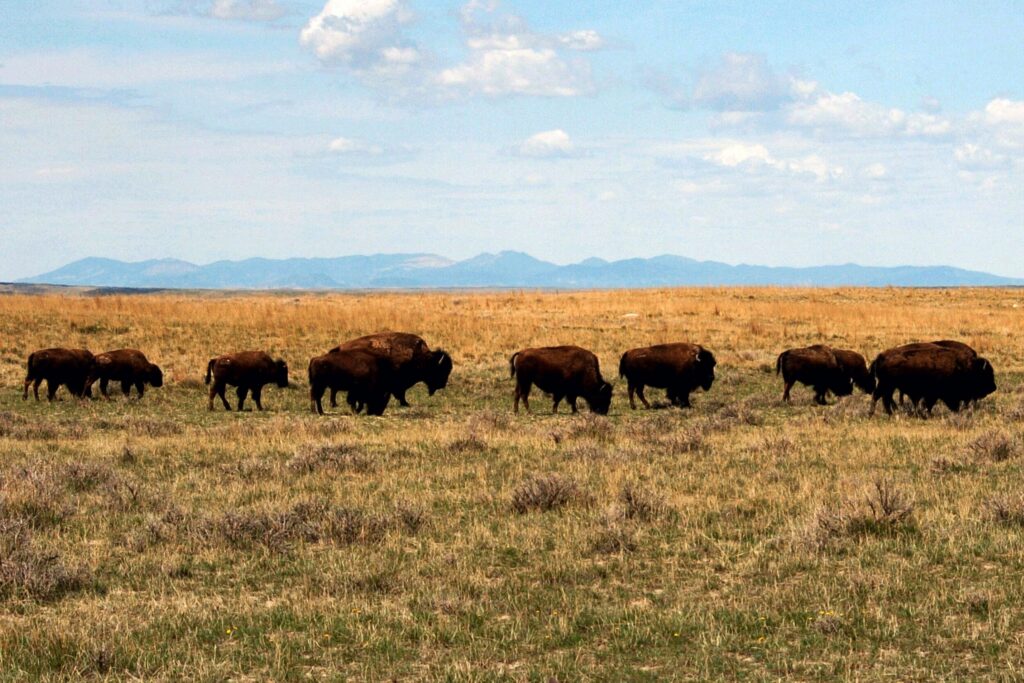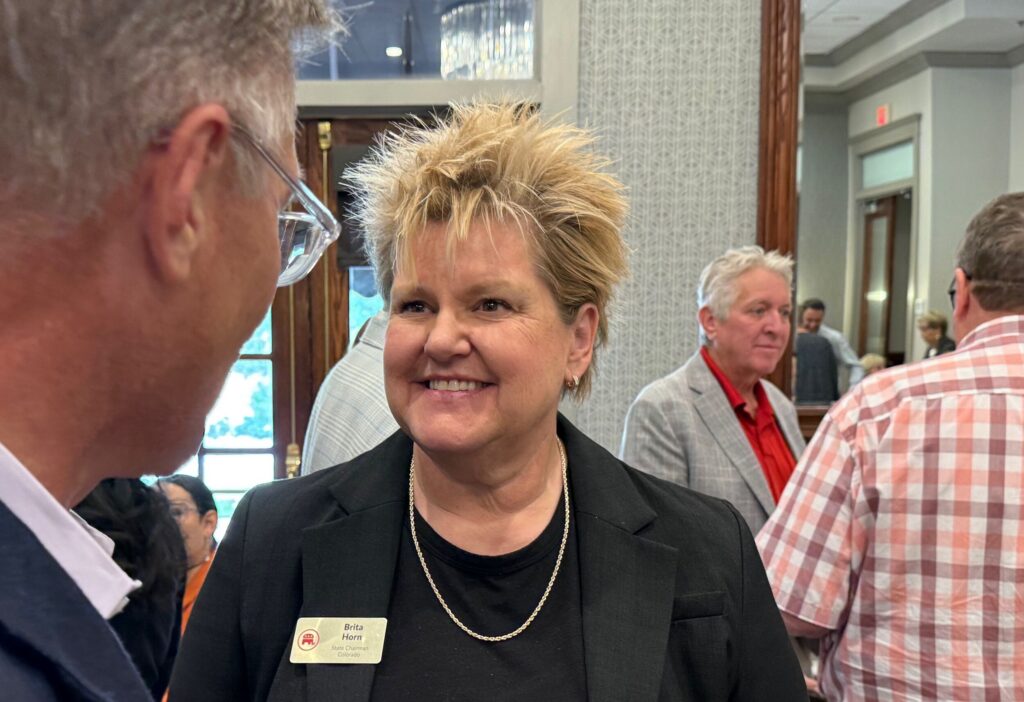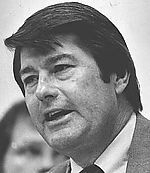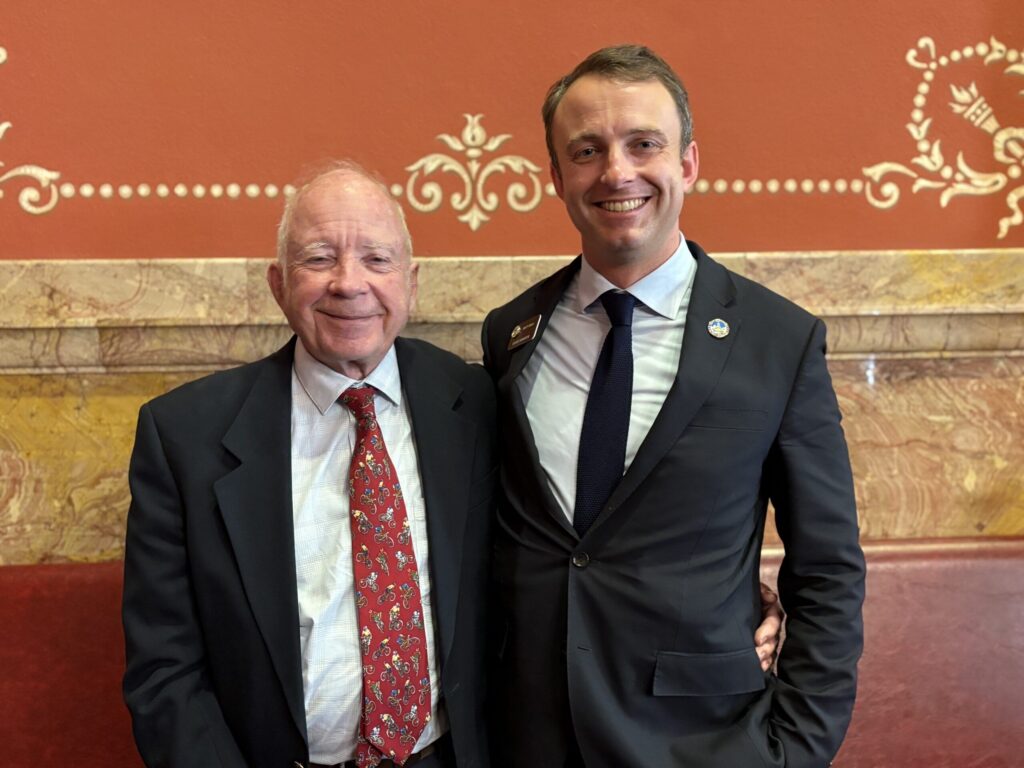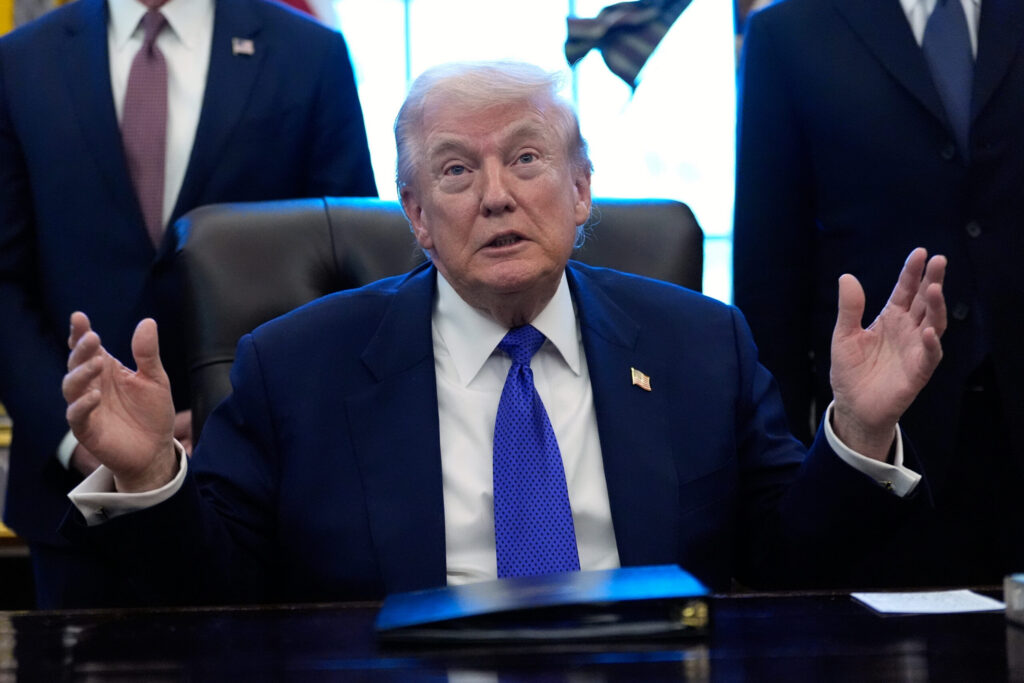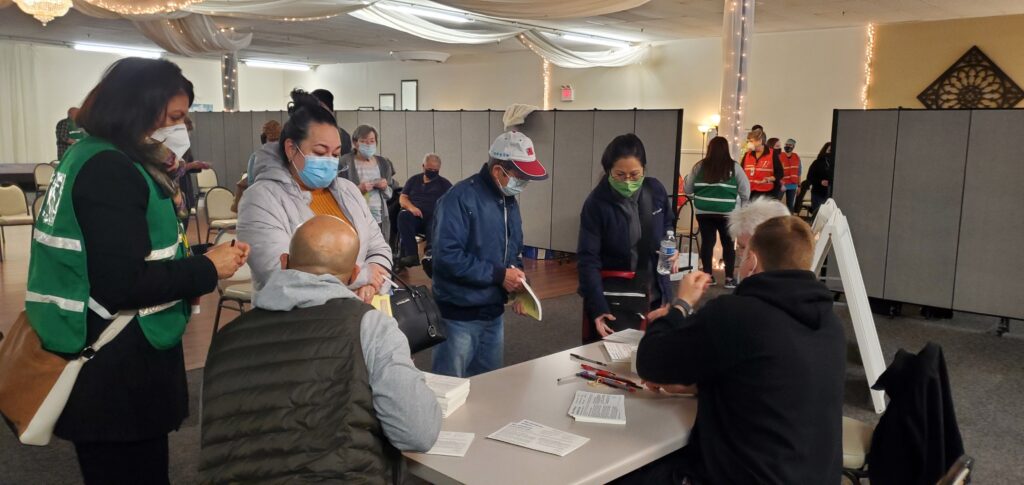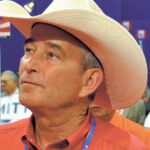Q&A: Donovan on serving a diverse district by building alliances
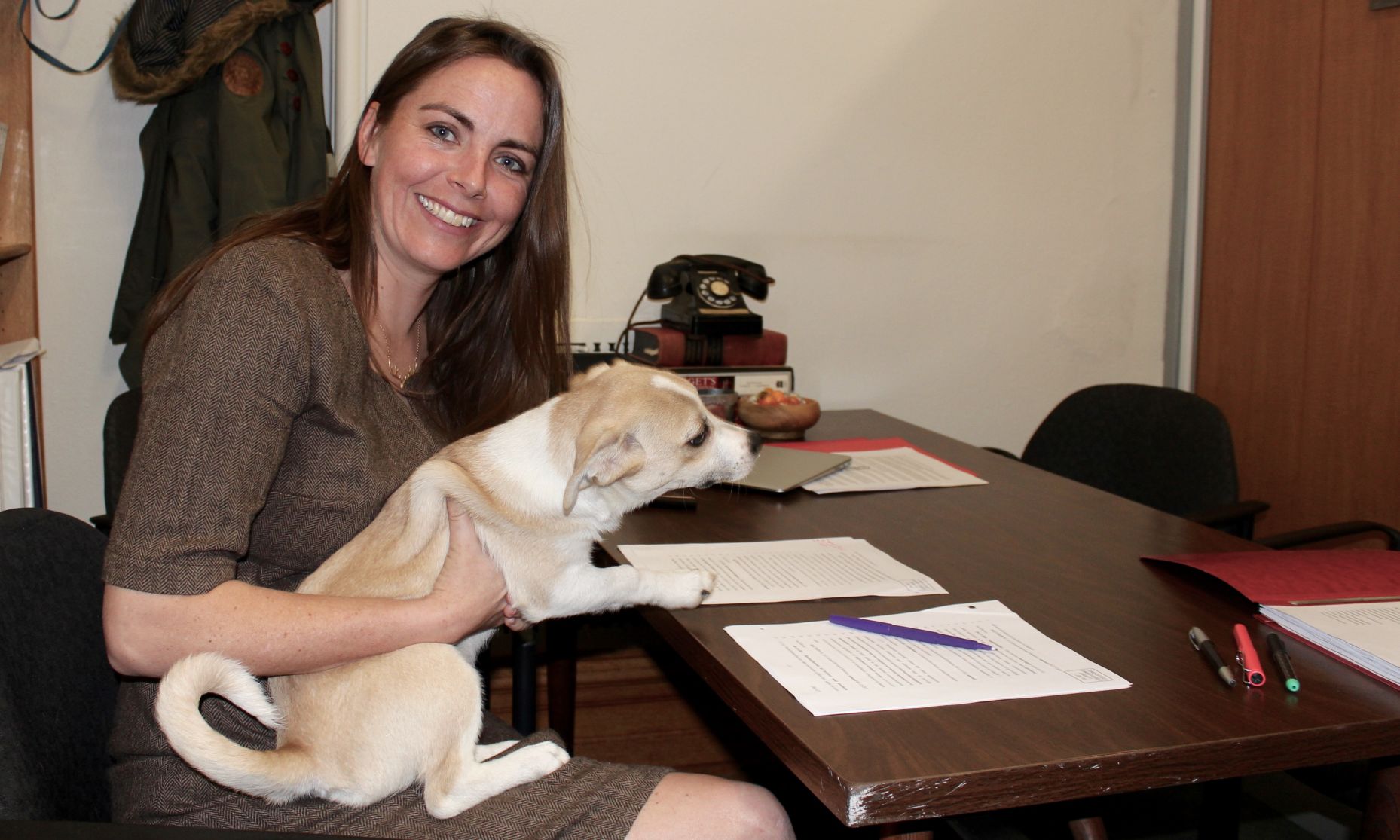
Sen. Kerry Donovan, D-Vail, represents SD-5, one of the state’s most competitive districts. It’s a rural mountain part of the state, home to sometimes hard-pressed mining and drilling towns, but also to global vacation destinations such as Aspen and Vail. It’s a narrowly divided Republican-Democratic district in terms of voter registration, and she won her seat in 2014 by just 1,300 votes. Donovan said she’s lucky to have such a diverse district, that it keeps her on her toes. She told The Colorado Statesman in a recent sit-down interview that representing her diverse constituency compels her to look carefully at every piece of legislation that crosses her desk.
“I have close to 20 anchor towns in my district,” she said. “So when I go through a bill, I have to check it off 20 times to make sure it’s good for everyone.”
Donovan notes that she is the only Democratic senator who represents a rural district and that she has been heavily involved in the Democratic caucus push this year to unite rural communities with the Denver Metro area.
Donovan this week comes off of two recent committee wins. Her proposal to allow hunters to wear safety pink, SB 68, passed the Agriculture and Natural Resources committee, and her rural emergency economic assistance bill, SB 81, cleared the Local Government committee.
The Capitol is a political place, of course, and the vast majority of rural legislators are Republicans. Do you get a lot of pushback on your bills because you’re a Democrat?
I think I’m really lucky in the district that I represent because it’s politically diverse. It’s very bright red and very bright blue. There’s lots of purple. If you have both Aspen and Delta in your district, you kind of get the breadth and depth of political leanings. So it gives me permission to work on a ton of issues because I have to represent all of these interests. I have ski resorts, I have agriculture, I have tourism and extraction industries.
You told The Statesman before the session that you thought Republicans targeted the economic recovery bill you introduced last year because they sort of wanted to send a message to you, because you won a very competitive seat. This year’s version of the bill just passed committee. What changed?
That bill was the first bill I had ever run as a senator and it was a bill that I had written, so there was a lot of work that I had to explain. It did die because of politics, not policy, but almost a year later it was assigned to a different committee and it passed. What its ultimate fate is we will see. With any job, politics or not, you have to develop relationships and then you’re more productive. I’m hopeful that I’ve shown the Capitol that I’m committed to my constituents.
Some say the urban-rural divide in Colorado is worse than the Democrat-Republican divide. What’s your opinion?
I prefer to look at it as alliances, not as divides, because sometimes the rural versus urban issues — East Slope versus West Slope on water — there are issues that bring coalitions together that are independent of party lines and they become very geographically centric. I think that rural issues do bring all rural legislators together, which is not a surprise. We’re talking a common language. We hear the same stories.
I think I see you mingling on the Republican side of the Senate more than any other Democrat. Do you think that’s because you’re a rural Democrat, so you’re forced to do that a little bit more?
I don’t know if it’s just my style. I don’t consciously say ‘I’m going to talk to a Republican now,’ or have it on my calendar. It may just be my personality, it may be some of the ag(riculture) stuff and having that in my background. I’ve interacted with some of those guys at the National Western Stock Show. I think we’ve created some connections through events outside of the Capitol. You know, you just naturally have a lot more interaction with your caucus. So I enjoy using the floor to go catch up with people and learn people’s stories.
A lot of pre-session talk, particularly from the Democrats, surrounded bridging the gap between urban and rural. What was your involvement in those conversations?
I was really appreciative of my caucus being so attuned to the needs of the state. It was really inspirational to be sitting in a room and talking about how to give a fair shot to everyone. That did become a theme. We need an economy that works for everyone, and those that work hard need a fair shot at getting ahead. Once you come at it from that perspective — there continued to be great news for the metro area. Are things perfect for the metro area? No. But overall, the economic picture is a little bit stronger for the metro areas than it is for the rural areas of the state. I was real proud to say that my caucus believes that Colorado is only successful when all of Colorado is successful.
This interview has been edited lightly for length and style.


